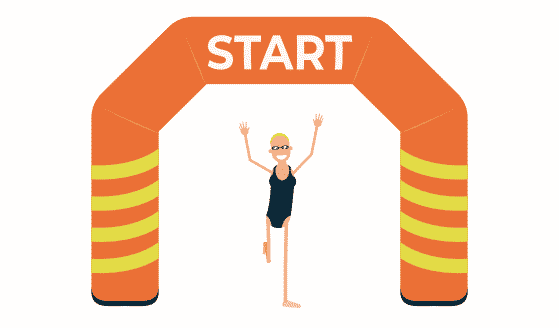Before I started the IB, the thing I was most worried about was the extended essay. I’m pretty sure the reason why I was so worried is because I had no clue what writing it would actually entail. In this week’s blog, I’ll be going over the basics of the extended essay, so you don’t have to be worried like I was!
What is an extended essay?
The extended essay (often called the EE) is a 4000-word structured essay on a topic of your choice, which can take many different forms. Ultimately what your EE ends up looking like depends on the topic you choose. Some students choose to write their extended essay in literature or history, which means they write a more traditional academic essay. You can, however, choose to conduct an experiment and write up the results if you want to focus on the sciences. Or you can try and solve an arithmetic problem if you are into maths. As long as it takes an academic format, it should be okay!
What does it include?
There are several things that you have to include in your extended essay. As a side note, the requirements for the EE were changed quite drastically in 2016, so it’s important that when you look things up about the EE that you are looking at the updated guidelines! You can find out more about this here.
Based on these new guidelines your EE needs to contain:
- A research question
- A cover-page
- A table of content
- An introduction
- A main body
- A conclusion
- A bibliography
- 3 reflections from the beginning, middle and the end of the research process.
Do I get any help with my extended essay?
Of course you do! In fact, you actually get a lot of help. Your school will assign you a ‘supervisor’. Your supervisor will be an IB teacher at your school and it is their responsibility to meet with you and discuss your research question, your planning and als
o your first draft.
What should I be doing now?
Your extended essay is typically something you write towards the end of your first year of IB so I wouldn’t worry too much about it right now. However, it’s likely you will have to choose your topic and research question sooner rather than later. What I would recommend, therefore, is to start thinking about what subject would interest you enough to write 4,000 words on it. Once you come across a topic, I would start to look for some articles/related content about it. If you find lots, this suggest to you that this is probably a good topic! If there isn’t very much, that doesn’t mean it’s a bad idea, but you might want to change the focus a little to make it easier to research.
Read part 2: Choose Your Topic



